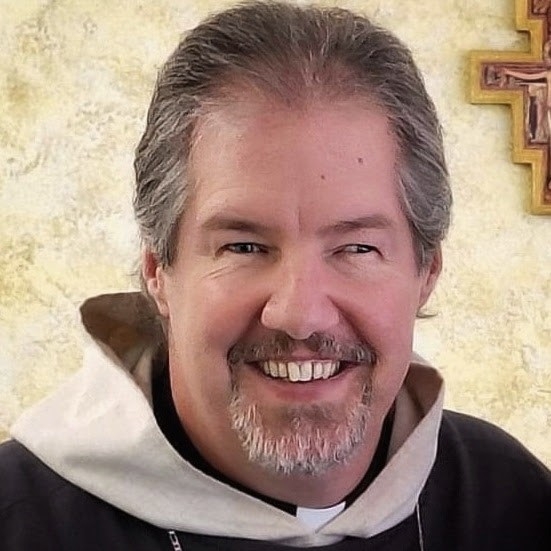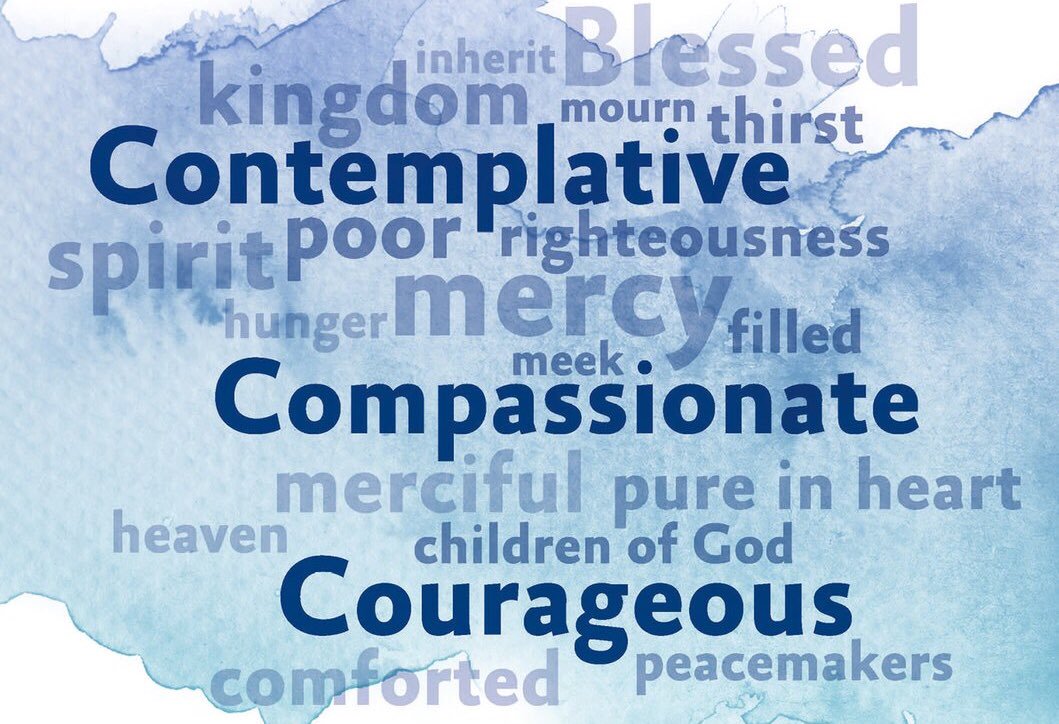
Sacramental Community of the Coworkers of Christ
Servant Leadership

Abbot-Bishop Brian Ernest Brown, CWC is many things—an artist, activist, writer, poet, and priest—but at his core, he is a wanderer of both the world and the spirit. As he describes himself, he is a “misfit mystic with an open heart and a free spirit,” a phrase that aptly captures the rhythm of his life and vocation.
Born in 1969 in Chicago, Illinois, Brian’s roots found deeper soil in the rugged beauty of the Ozark Mountains, where he spent his formative years on the Springfield Plateau. After high school, he pursued studies in art history, humanities, and Latin at Drury College. It was shortly after his college days that his life took a pivotal turn—he met a master glassblower and entered into a traditional apprenticeship, immersing himself in the diverse disciplines of the glass arts. From off-hand and lampwork glass blowing to stained glass, fusing, and etching, Brian developed a mastery that would shape the next chapter of his life and beyond.
He opened his first gallery in Springfield, Missouri, planting the seeds of what would become Dancingbird Glassworks and Gallery. Over the years, he established and operated a number of studio galleries across southwest Missouri and northwest Arkansas, while also traveling nationwide to demonstrate his craft and teach others the meditative beauty of working with glass.
In the late 1990s, Brian experienced a profound call to a sacramental Christian ministry. He completed undergraduate theological studies at St. John the Beloved Orthodox Theological Seminary, followed by a Master of Divinity at Pax Christi College and Seminary. In 2004, he was made a deacon and in 2005 ordained to the priesthood. He was consecrated bishop the following year in 2006.
As a bishop within the Free Catholic Tradition, Brian’s ministry has taken the shape of an episcopus vagans—a “wandering bishop”—serving outside the bounds of conventional ecclesiastical structures. In 2006, he founded the Ecumenical Free Catholic Communion (EFCC), which later evolved in 2023 into the Sacramental Community of the Coworkers of Christ—a new-monastic, emerging church expression of inclusive, and ecumenical contemplative Christian life.
From 2007 onward, Brian also served as Archbishop of Christ Catholic Church, a founding member of the EFCC, through which he played a pivotal role in shaping the Independent Sacramental Movement. His emphasis on clergy formation and theological education led him to establish the Whithorn School of Theology, a seminary dedicated to pastoral training and spiritual depth. In 2018, he stepped down from active leadership of both Christ Catholic Church and Whithorn School of Theology to embrace a more contemplative path and devote himself more fully to a more sacramental and ecumenical ministerial outreach.
Throughout his priesthood, Brian’s vocation has focused on creating refuge for the marginalized and hurting. He has worked extensively within the LGBTQ+ community, in peacebuilding education, and alongside the unhoused in shelters and drop-in centers. A longstanding calling to those facing the final journey of life led him into hospice chaplaincy, where he has served both professionally and as a volunteer, offering spiritual presence, comfort, and wisdom to patients and their families. He frequently lectures on the sacred dimensions of hospice and bereavement care, particularly in his beloved Ozarks.
Brian is the author or editor of several works relevant to the Old Catholic and Independent Sacramental traditions, including The Directory of Autocephalous Bishops Catholic, The Christ Catholic Book of Prayer, The Rule of the Order of the Merciful Heart, and The Common Rule of the Sacramental Community of the Coworkers of Christ. He presently serves as Minister General of the Sacramental Community of the Coworkers of Christ.
He resides in the Ozark Mountains, tucked among the vibrant and eclectic community of Fayetteville, Arkansas—still a wandering mystic, still making sanctuary, still seeking the sacred in all things.
To find out more about The Sacramental Community Church “church planting” project follow this link.

